Digestion is a vital process in the human body, transforming food into nutrients and energy. Recent studies have shed light on the complex role of gut microorganisms, collectively known as the gut microbiota, in digestion. These microorganisms influence far more than digestion, affecting brain activity and even the likelihood of developing certain disorders. The concept of “best foods for digestion” revolves around foods that aid this process and promote a healthy gut microbiota.
Foods such as ginger, vegetables, kefir, yogurt, and whole grains are often highlighted for their digestive benefits. For instance, whole grains, which are recommended to be consumed at least 3 ounces per day according to the American Dietary Guideline, provide fiber that aids digestion. The importance of diet in digestion is increasingly recognized, with a focus on incorporating the best foods for digestion into daily meals for optimal gut health.
Importance of Diet for Digestion
Diet plays a crucial role in digestion, with certain foods known as the best foods for digestion aiding this process significantly. The Global Nutrition Report 2021 highlights the importance of diet in overall nutrition, including digestion. Fiber, found in abundance in whole grains, vegetables, and fruits, is essential for digestive health.
Foods rich in unsaturated fats, like plant oils, aid in the absorption of vitamins and combine with fiber to encourage bowel movements. Fermented foods like yogurt and kimchi, rich in probiotics, also enhance digestion. Thus, incorporating these best foods for digestion into one’s diet can significantly improve digestive health.
Top 10 Best Foods for Digestion
Whole Grains:
Whole grains are a rich source of dietary fiber, which is essential for healthy digestion. Fiber adds bulk to the diet and aids in the movement of food through the digestive tract, preventing constipation. A study from Rutgers University found that increasing the amount of protein even slightly, from 18% of a person’s food intake to 20%, has a substantial impact on the quality of the food choices made by the person. Whole grains like oats, brown rice, and whole grain bread are excellent sources of fiber.
Fruits and Vegetables:
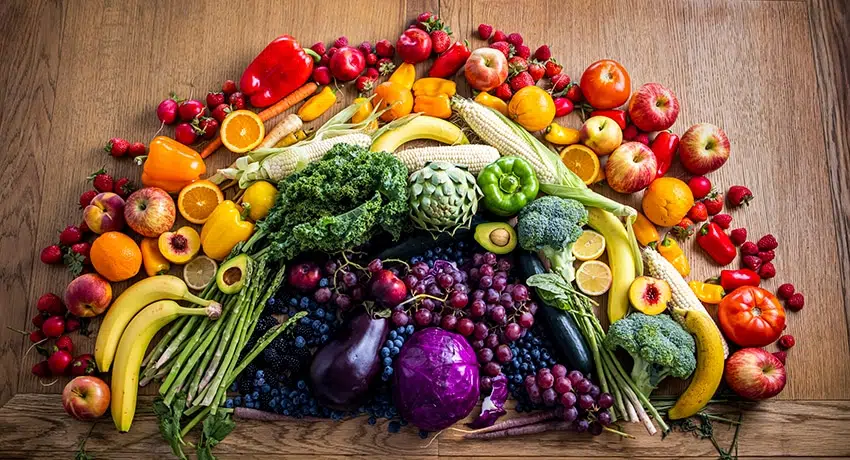
Fruits and vegetables are high in fiber and water content, both of which aid digestion. They help to keep the digestive tract hydrated and promote regular bowel movements. In 2022, less than half of adults met the fruit and vegetable recommendations. Fruits like bananas and apples, and vegetables like broccoli and carrots, are particularly beneficial for digestion.
Lean Proteins:
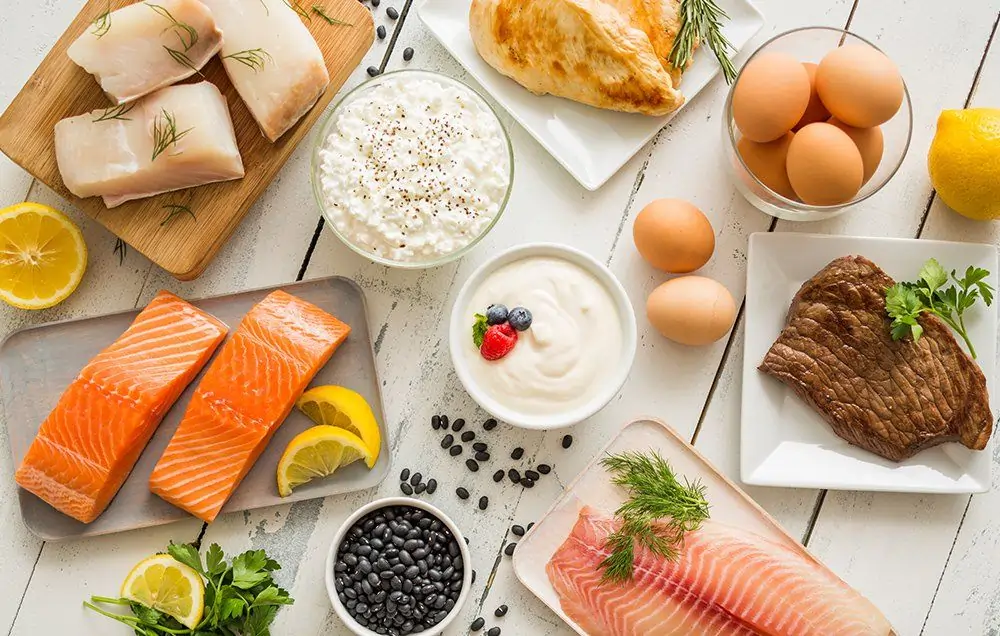
Lean proteins, such as poultry, fish, and legumes, are essential for repairing and building tissues, including those in the digestive tract. A study found that a larger proportion of protein in the diet leads to better food choices and helps avoid the loss of lean body mass. Foods like chicken, turkey, fish, and tofu are good sources of lean protein.
Ginger:
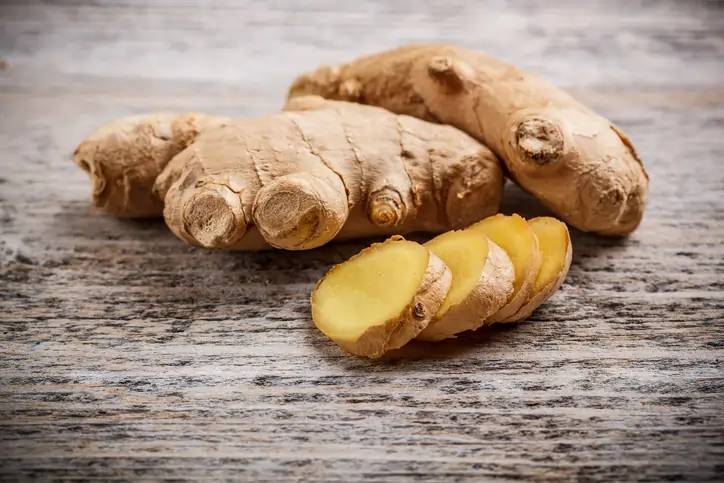
Ginger is widely known for its gastrointestinal relieving properties. A study found that ginger supplementation resulted in significant reductions in the frequency and severity of constipation and nausea. Ginger can be consumed in various forms, such as fresh, dried, powdered, or as juice or oil.
Peppermint:

Peppermint has been shown to have a soothing effect on the digestive system. It can help relieve symptoms like bloating and abdominal pain. However, it may not be beneficial for individuals with gastroesophageal reflux disease (GERD) as it can relax the sphincter muscle, causing stomach acid to pour back into the esophagus. Peppermint can be consumed as tea, oil, or in capsule form.
Yogurt and Other Probiotics:
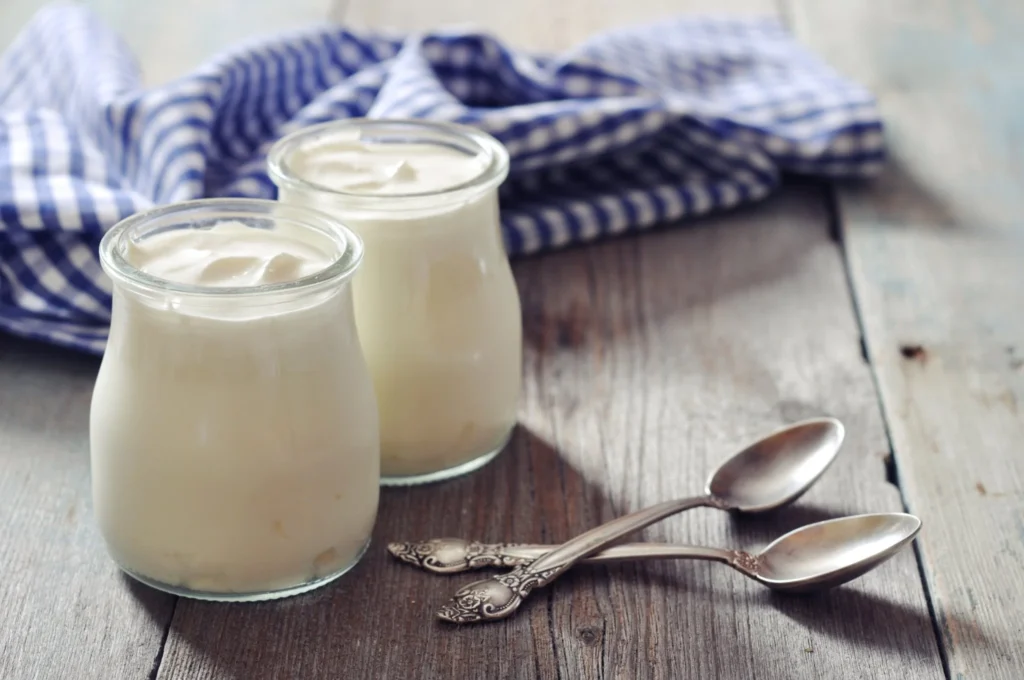
Probiotics, found in foods like yogurt, can improve digestion by populating the gut with beneficial bacteria. These bacteria aid in the breakdown of food and absorption of nutrients. Foods like yogurt, kefir, and sauerkraut are rich in probiotics.
Fennel:
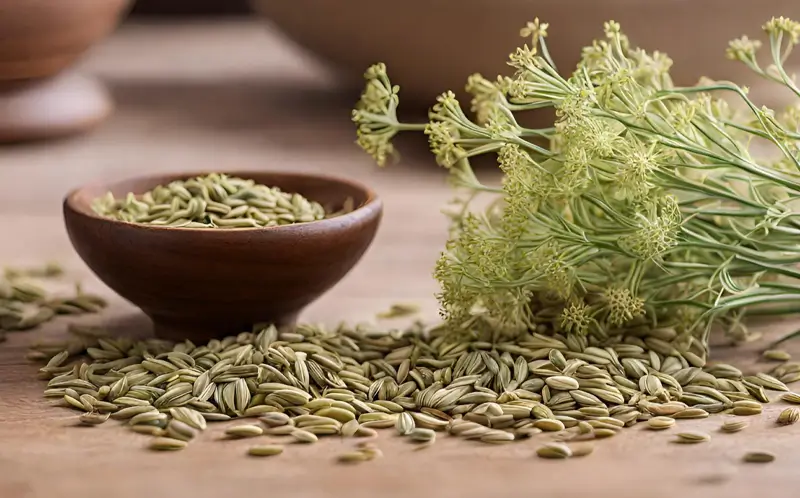
Fennel seeds are known to have numerous benefits for the digestive system, including reducing gas and bloating, and improving constipation. They contain many natural digestive aids and nutrients. Fennel can be consumed as a vegetable, seed, or in tea.
Healthy Fats (like avocados and nuts):
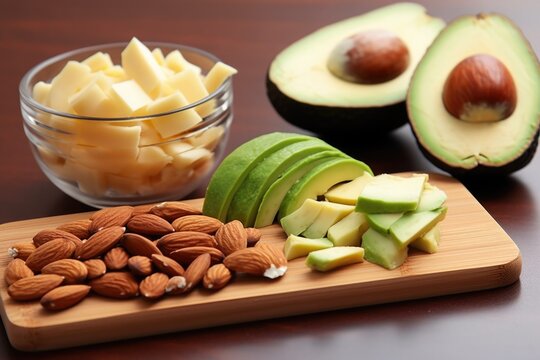
Healthy fats, such as those found in avocados and nuts, aid in the absorption of fat-soluble vitamins and combine with fiber to encourage bowel movements. However, fat takes longer to digest than other foods. Avocados, almonds, and olive oil are good sources of healthy fats.
Green Tea:
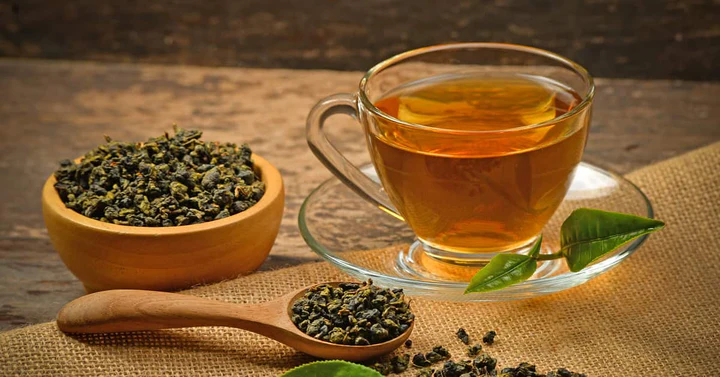
Green tea is known to have several benefits for digestion. It can encourage the growth of good gut bacteria, leading to a range of benefits, including lowering the risk of obesity. However, a study found no causal relationship between green tea intake and digestive system cancer risk.
Water and Hydration:

Staying hydrated is crucial for optimal digestion. Water aids in the transportation of nutrients to the cells and the removal of waste from the body. It also facilitates the exchange between ions, capillaries, and blood vessels. Drinking at least 8 glasses of water a day is generally recommended for good health.
Final Words
Remember, a healthy gut contributes to a strong immune system, heart health, brain health, improved mood, healthy sleep, and effective digestion. So, don’t wait! Start adding these best foods for digestion to your meals and feel the difference. Your body will thank you for providing it with the nutrients it needs to function optimally. Here’s to your health and well-being!

 +92 306 4790704
+92 306 4790704 info@medhacks.online
info@medhacks.online

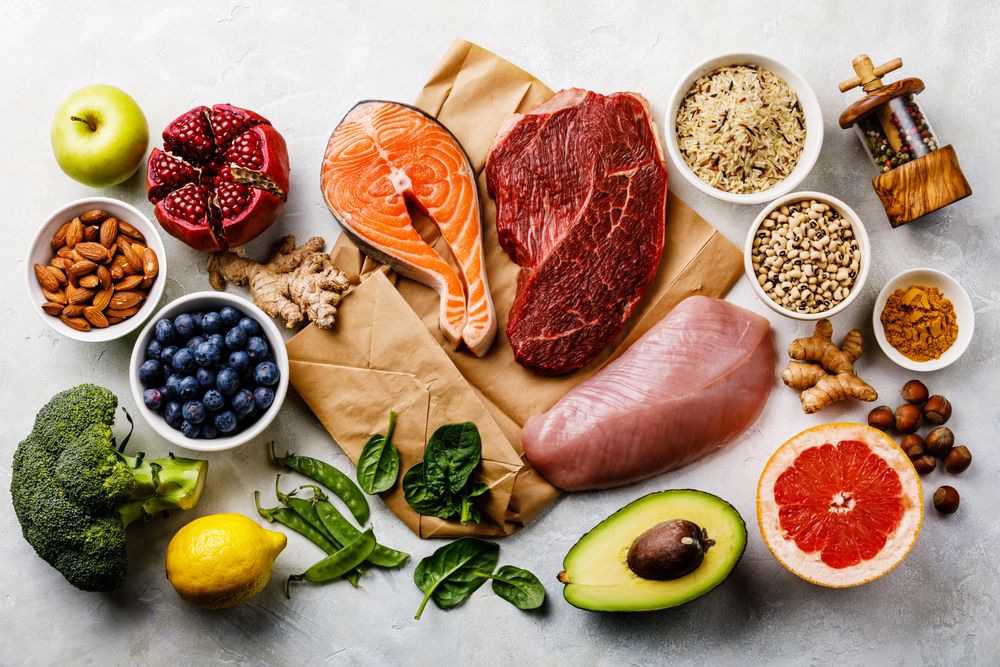
Leave a Reply